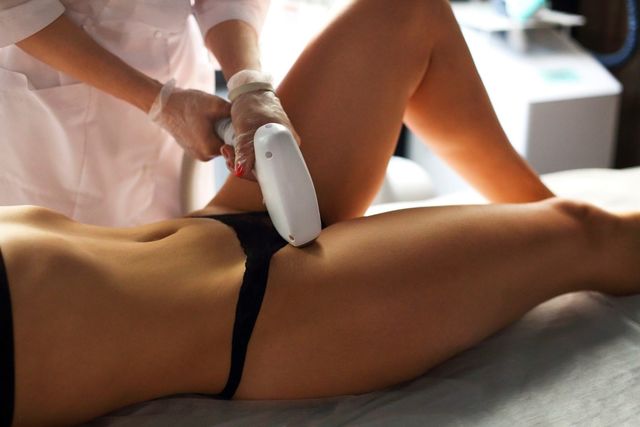
Laser hair removal is one of the most popular methods for achieving long-term hair reduction. It’s praised for its convenience, precision, and ability to minimize ingrown hairs. But what happens when it doesn’t deliver the smooth, hair-free results you were expecting? While it’s effective for many, it’s not a guaranteed solution for everyone. Here’s why laser hair removal may not work—and what you can do about it.
1. Hair and Skin Color Play a Big Role
Laser hair removal works by targeting melanin in the hair follicles. That’s why individuals with dark, coarse hair and lighter skin tend to see the best results. On the other hand, those with blonde, gray, red, or white hair may not respond well because there’s less pigment for the laser to target. If you fall into this category, it may be worth exploring other treatments such as Coolsculpting Chicago IL, which addresses body contouring concerns through non-invasive technology.
2. Hormonal Imbalances Can Disrupt Progress
Excess hair growth caused by hormonal changes—like those linked to PCOS or thyroid disorders—can reduce the effectiveness of laser treatments. In these cases, hair may grow back faster, even after multiple sessions. Managing the root hormonal issue is key. You might also benefit from skin-balancing treatments like Facials in Chicago IL, which can help address acne, oiliness, and other skin changes caused by hormones.
3. Technique and Technology Matter
Not all providers use the same equipment or have the same level of expertise. Using the wrong type of laser for your skin tone, or receiving treatment from an inexperienced technician, can produce poor results or even cause damage. If you're considering laser hair removal, make sure to choose a certified clinic known for safe and effective Laser Hair Removal Chicago services.
4. Inconsistent Treatment Timing
Laser hair removal is most effective during the hair’s active growth phase. Since not all hairs are in the same phase at once, treatments must be repeated at regular intervals—usually every 4 to 6 weeks. Missing appointments or irregular scheduling can hinder your progress and result in patchy regrowth.
5. Medications and Medical Conditions Can Interfere
Certain medications, such as antibiotics or hormonal drugs, can interfere with treatment outcomes. Others may make your skin more sensitive to light, increasing the risk of side effects. Always disclose your medical history and current medications during your consultation to ensure laser treatment is appropriate for you.
6. What to Do If Laser Hair Removal Didn’t Work
If you’ve completed several sessions with minimal improvement, it may be time to reevaluate your options. Some clients discover that they’re better suited for other aesthetic solutions. For example, those dealing with early signs of aging might explore Botox Chicago IL as an alternative way to enhance their appearance without surgery.
Final Thoughts
Laser hair removal can be life-changing—but it’s not foolproof. If it didn’t work for you, don’t give up. From body sculpting and skin rejuvenation to anti-aging injectables, there are many personalized solutions that can help you look and feel your best.
Choosing a trusted med spa with experienced professionals is the first step toward discovering what works best for your skin and your goals.